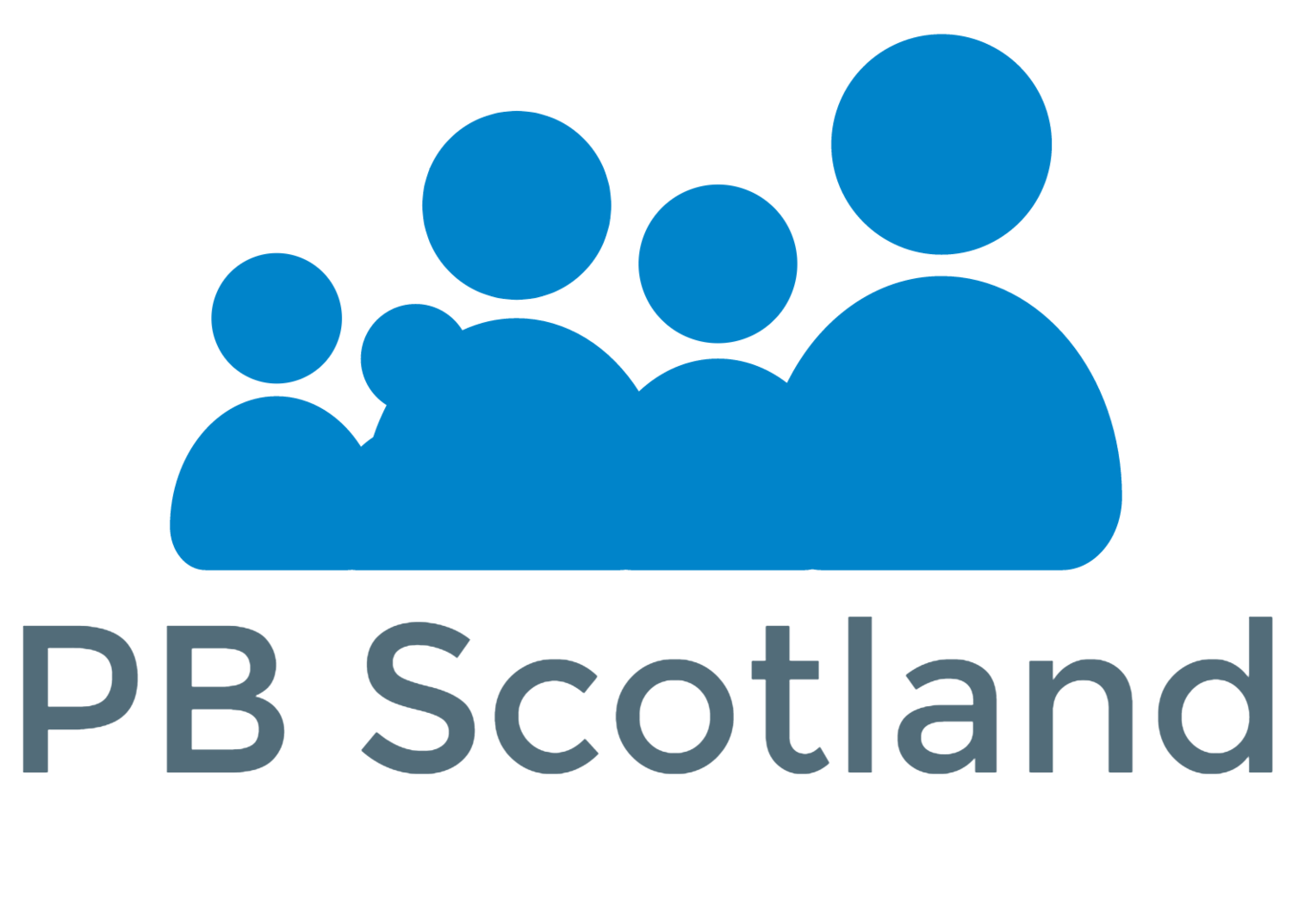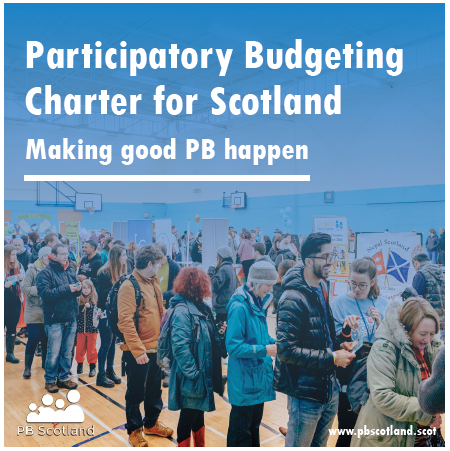Porto Alegre: Lessons from the birthplace of PB
/A new report has detailed how PB was used in Porto Alegre, Brazil - often credited as the birthplace of participatory budgeting.
The report examines the transformational impact PB had when it was introduced in the 1990s, but also looks at how it slowly diminished.
An article on City Fix summarises the 3 main things that could have been done differently:
Political commitment: From the outset, legal arrangements need to ensure that proposals received from citizens through the participatory process are implemented. Thousands of projects approved in the 1990s and early 2000s are still pending implementation.
Financial resources: Two streams of funding are necessary: money that citizens can distribute (the participatory budget itself) and funding to support the process itself (such as outreach activities to inform citizens of how they can join).
Well-structured participatory arrangements: Participation must be well-structured and include capacity building to ensure active and informed participation by diverse segments of the population. The model should ensure inclusion of the poor in decision-making about projects of any scale – small and large.
You can read the full article here and the full report here.





